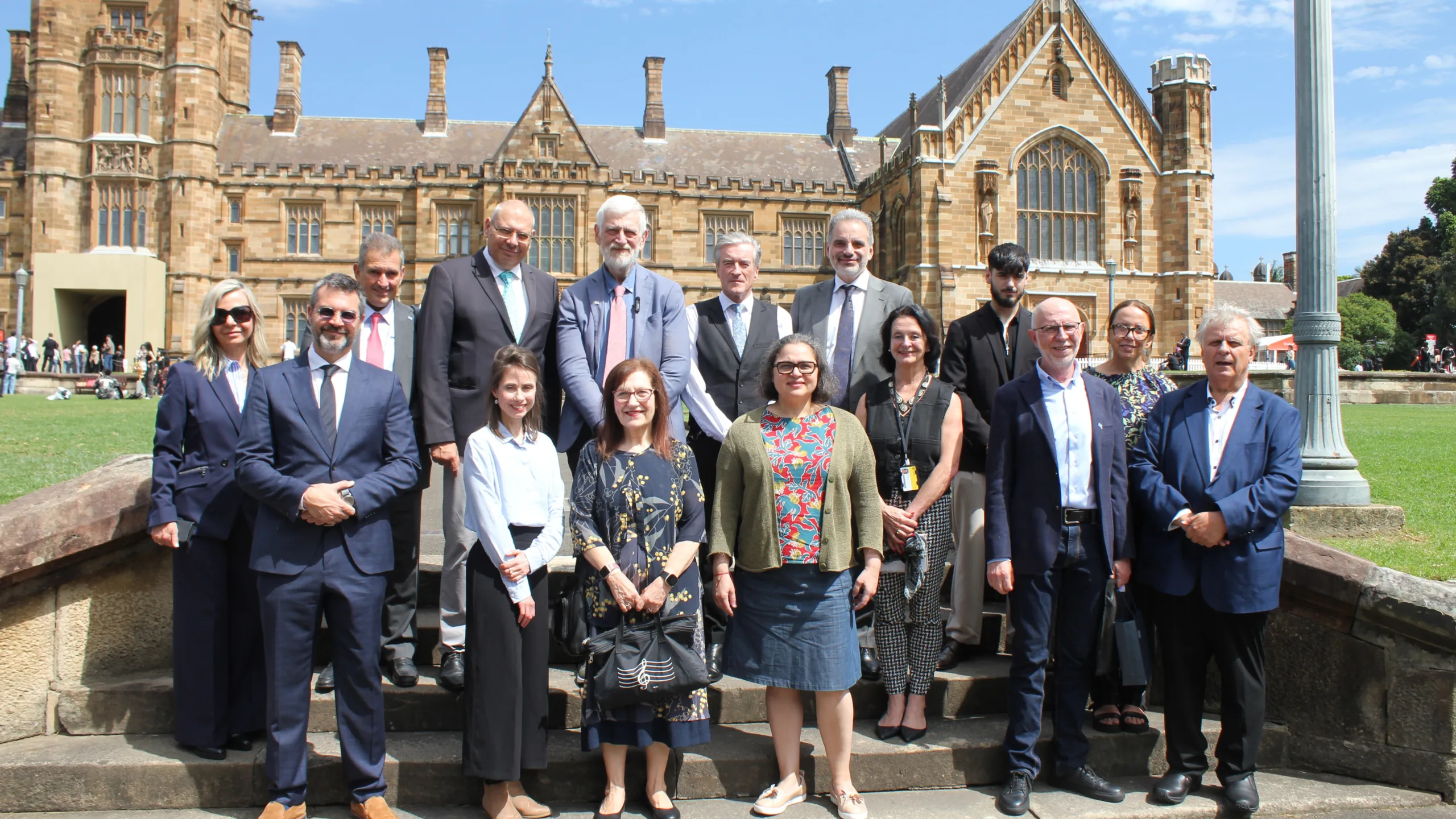Greece’s Deputy Foreign Minister for Greeks Abroad Ioannis Loverdos paid a special visit to the University of Sydney on Wednesday, October 8, where he announced a donation of €10,000 (approximately $18,000 AUD) to the Department of Modern Greek and Byzantine Studies.
The event, held at the Chau Chak Wing Museum, was attended by distinguished guests, including the Secretary General for Home Affairs and Organisation from the Greek Ministry of Interior, Athanasios Balermpas; the Secretary General for Citizenship, Dimitrios Karnavos; the Ambassador of Greece to Australia, Stavros Venizelos; and the Consul General of Greece in Sydney, George Skemperis.
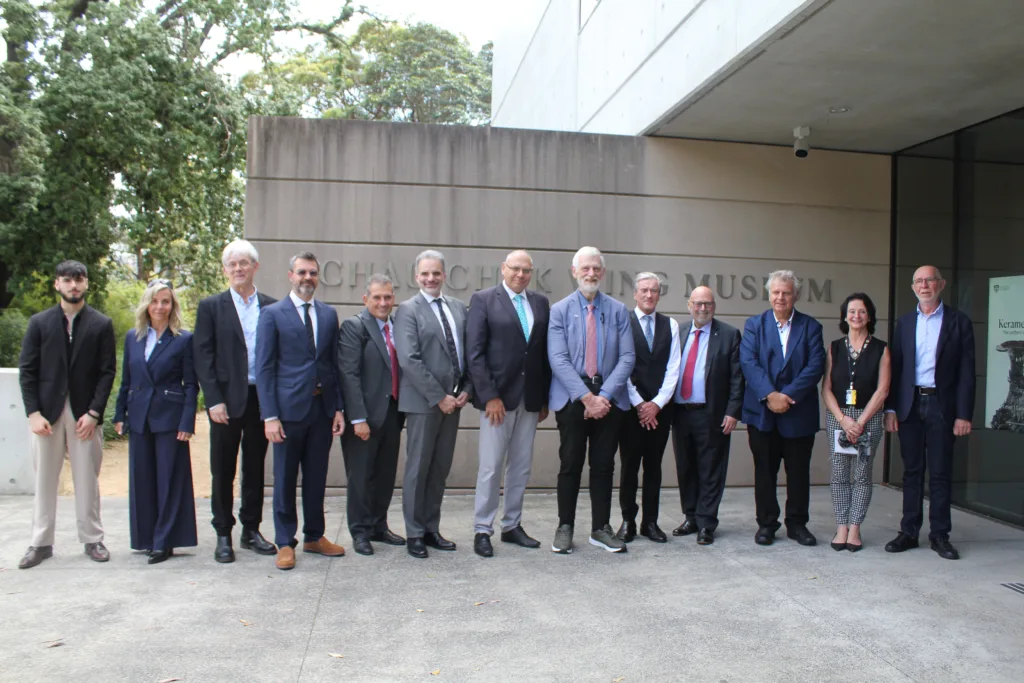
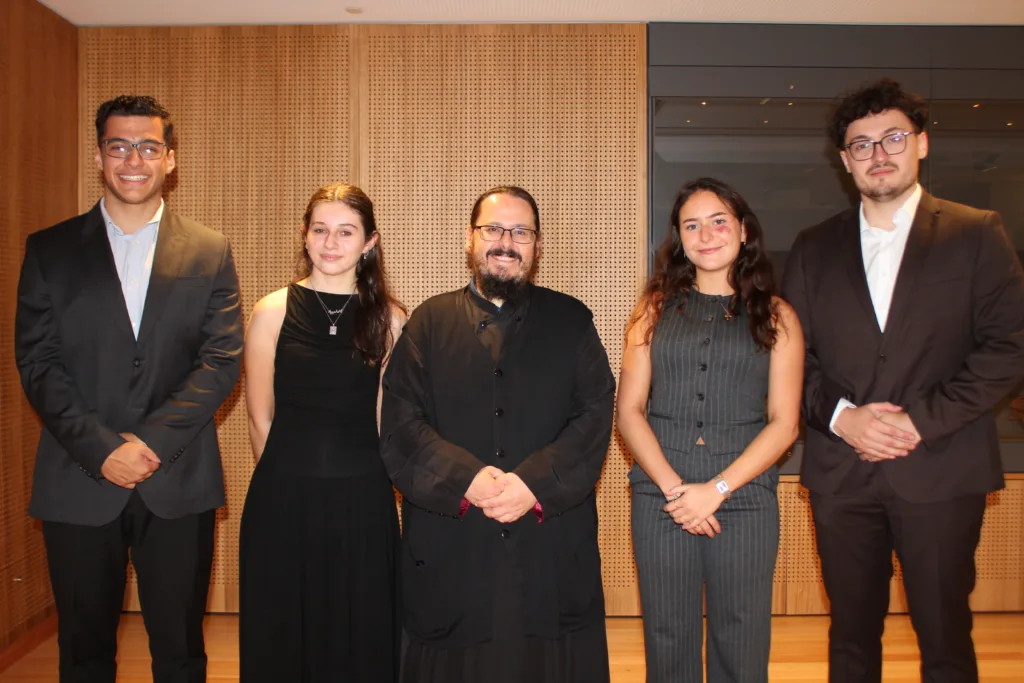
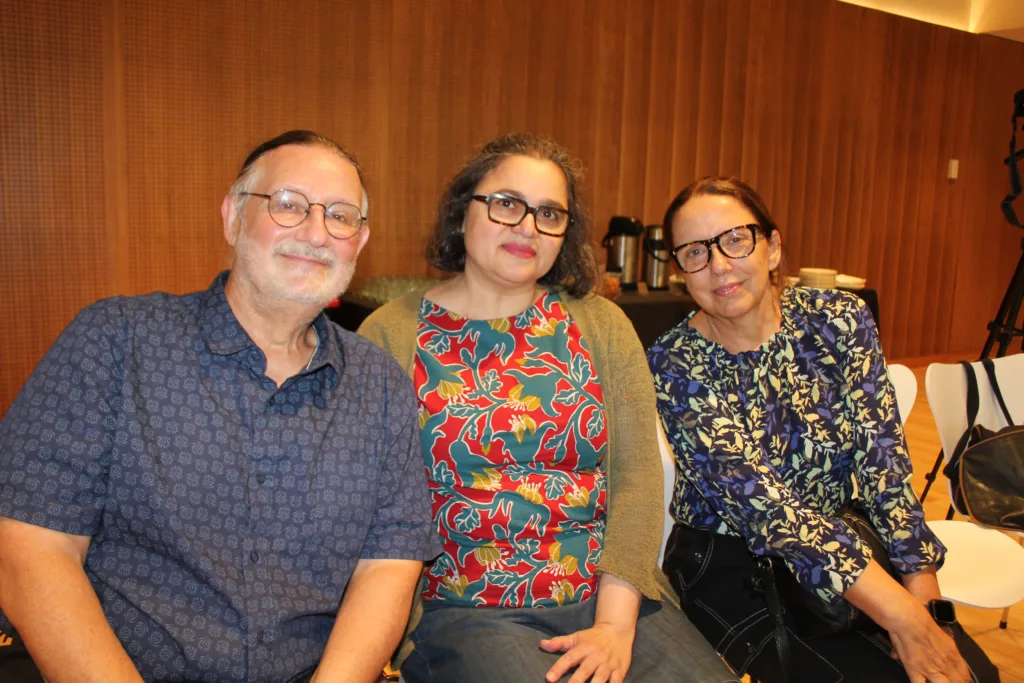
The visit underscored Greece’s commitment to strengthening the teaching and promotion of the Greek language and culture in Australia.
Also in attendance were former Australian Ambassador to the United States, Arthur Sinodinos; Professor Vrasidas Karalis, Chair of Modern Greek Studies at the University of Sydney; Professor Anthony Dracopoulos; Head of the School of Languages and Cultures at the University of Sydney, Professor Avril Alba; Associate Professor and Chair of Archaeology at the University of Sydney, Dr Lesley Beaumont; and Reverend Father Athanasios Giatsios, among others.
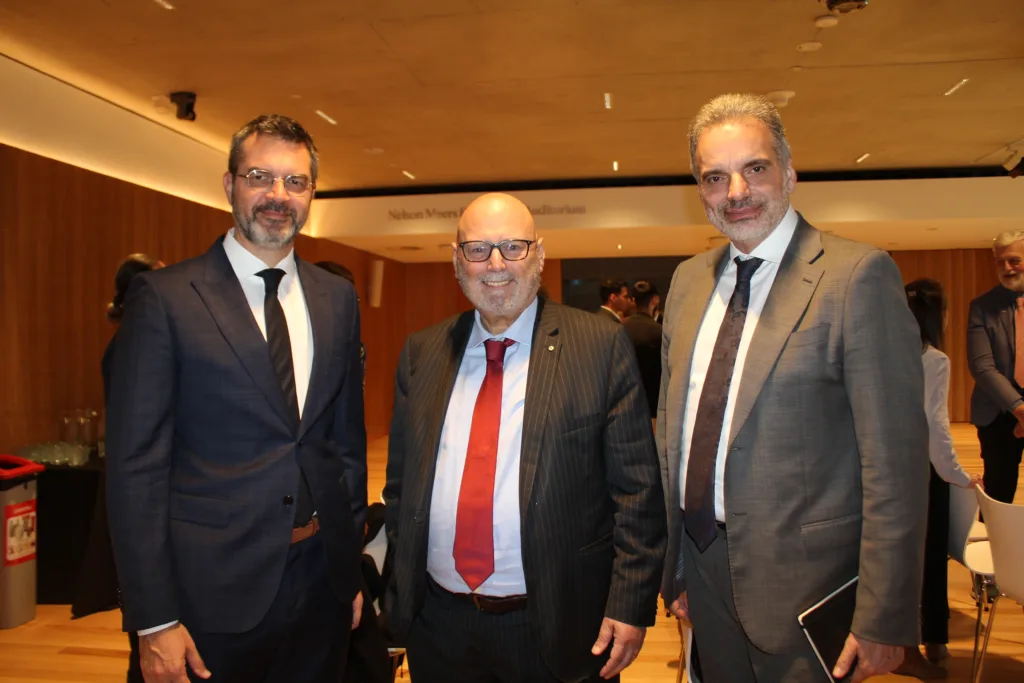
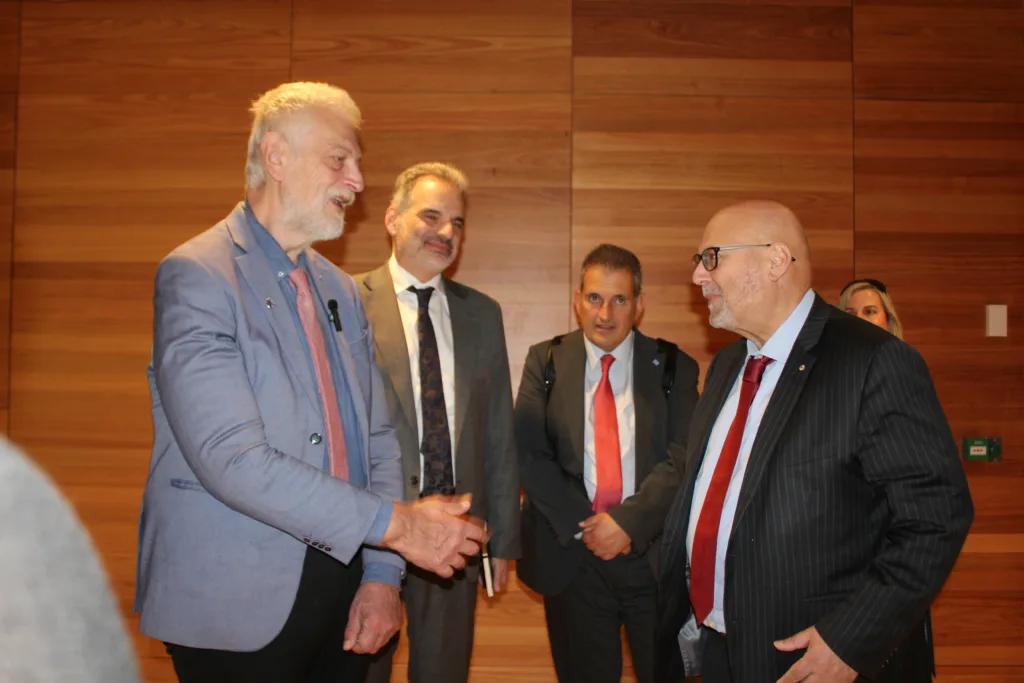
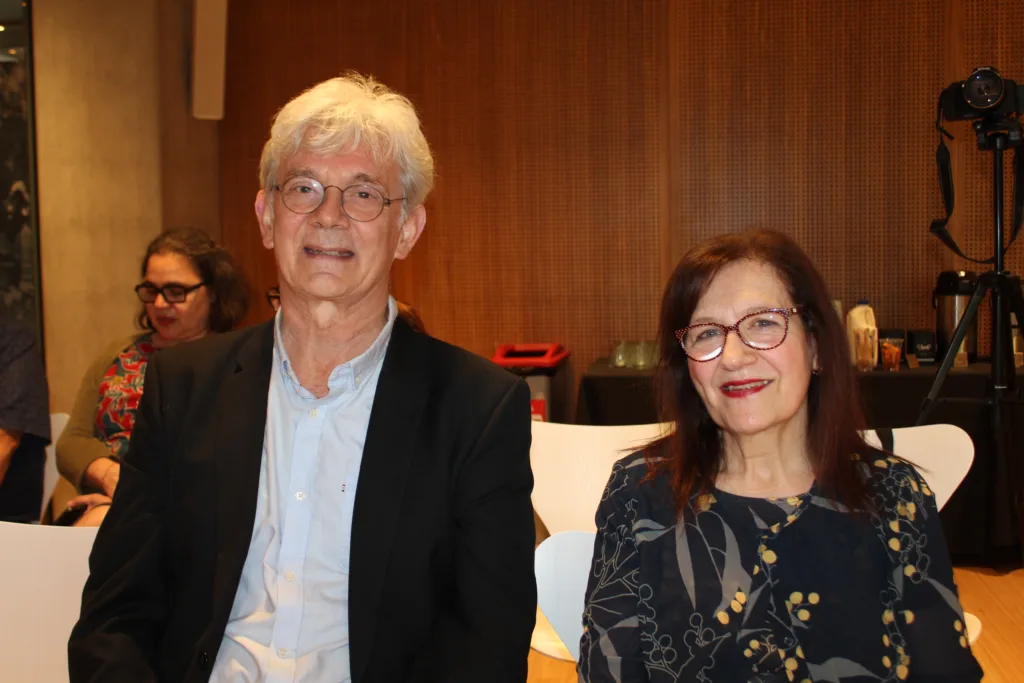
A symbolic gesture with lasting impact
During the ceremony, Professor Karalis welcomed attendees and expressed gratitude for the generous and symbolic donation, noting that the Department has long persevered without substantial government assistance.
“This contribution will go directly to supporting teaching and research in Greek language and culture,” he said, adding that the presence of the Deputy Minister was itself a source of inspiration for staff and students.
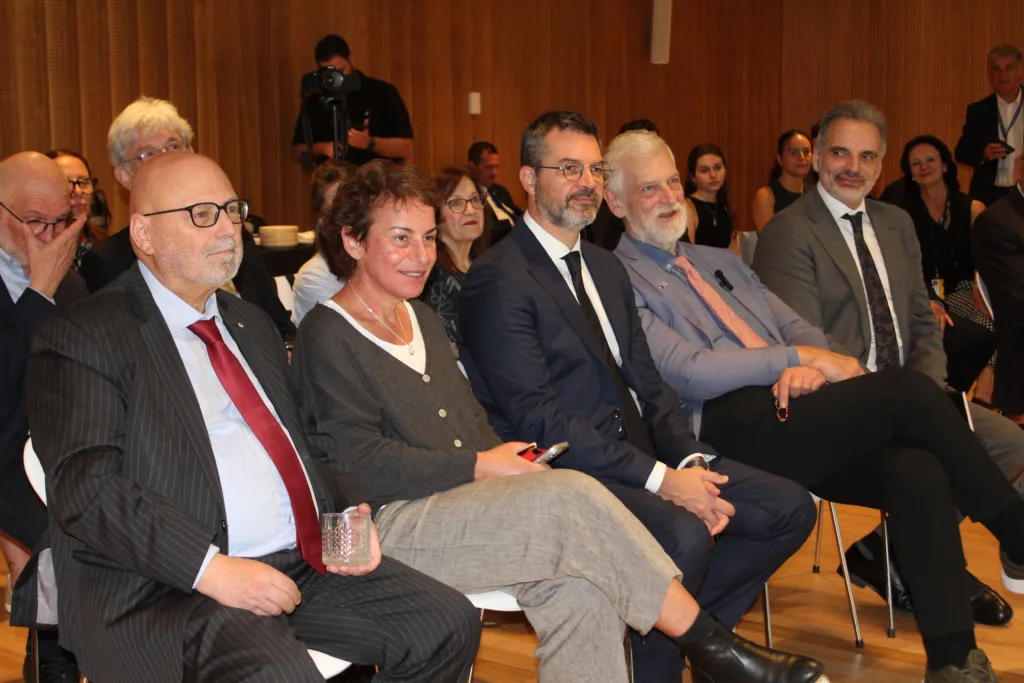
In his address, Mr Loverdos described the donation as a “very small but heartfelt contribution” from the Hellenic Republic, symbolising Greece’s appreciation for the efforts made in Australia to keep the Greek language alive.
“I wish we could give you much more,” he said. “We want to see more chairs of Greek Studies all over Australia — to ensure the Greek language continues to be taught and spoken. Greeks are not only the 10 million living in Greece, but the millions more across the world – especially here in Australia.”
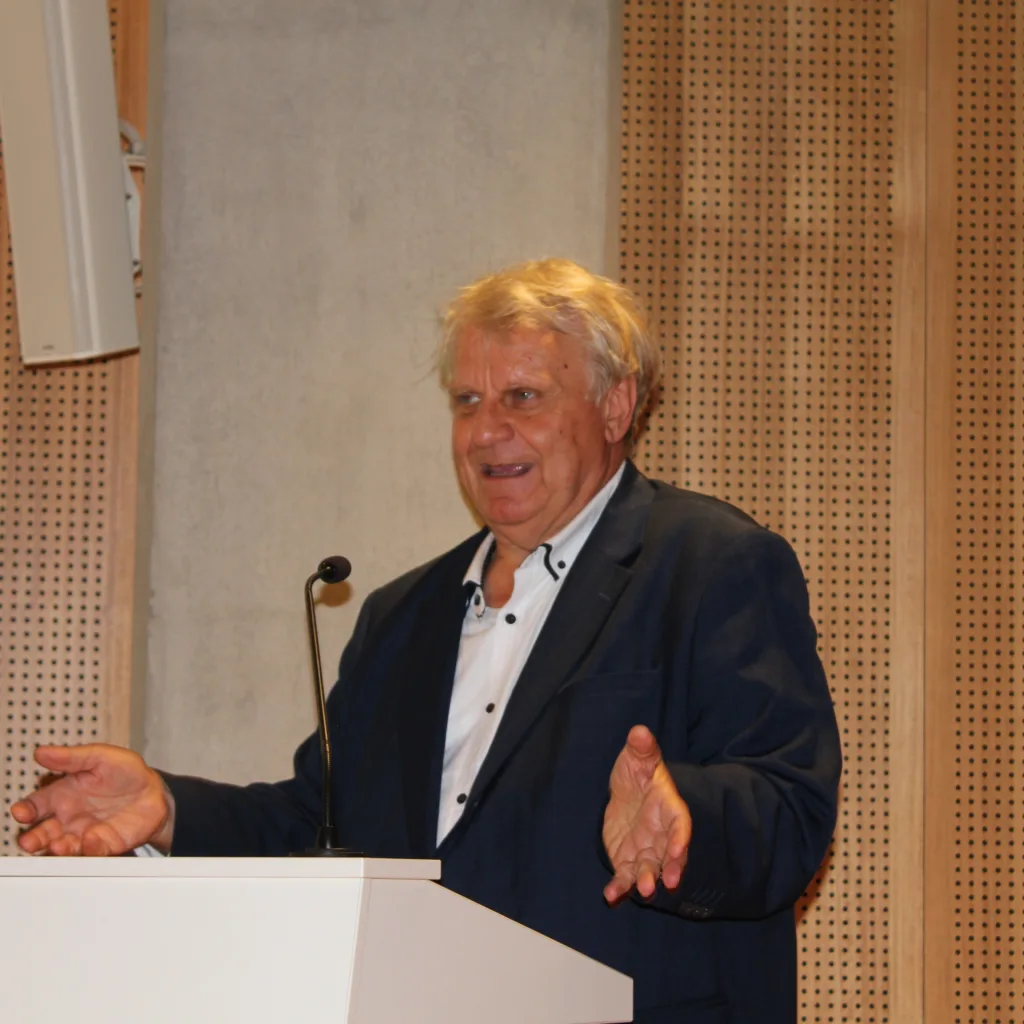
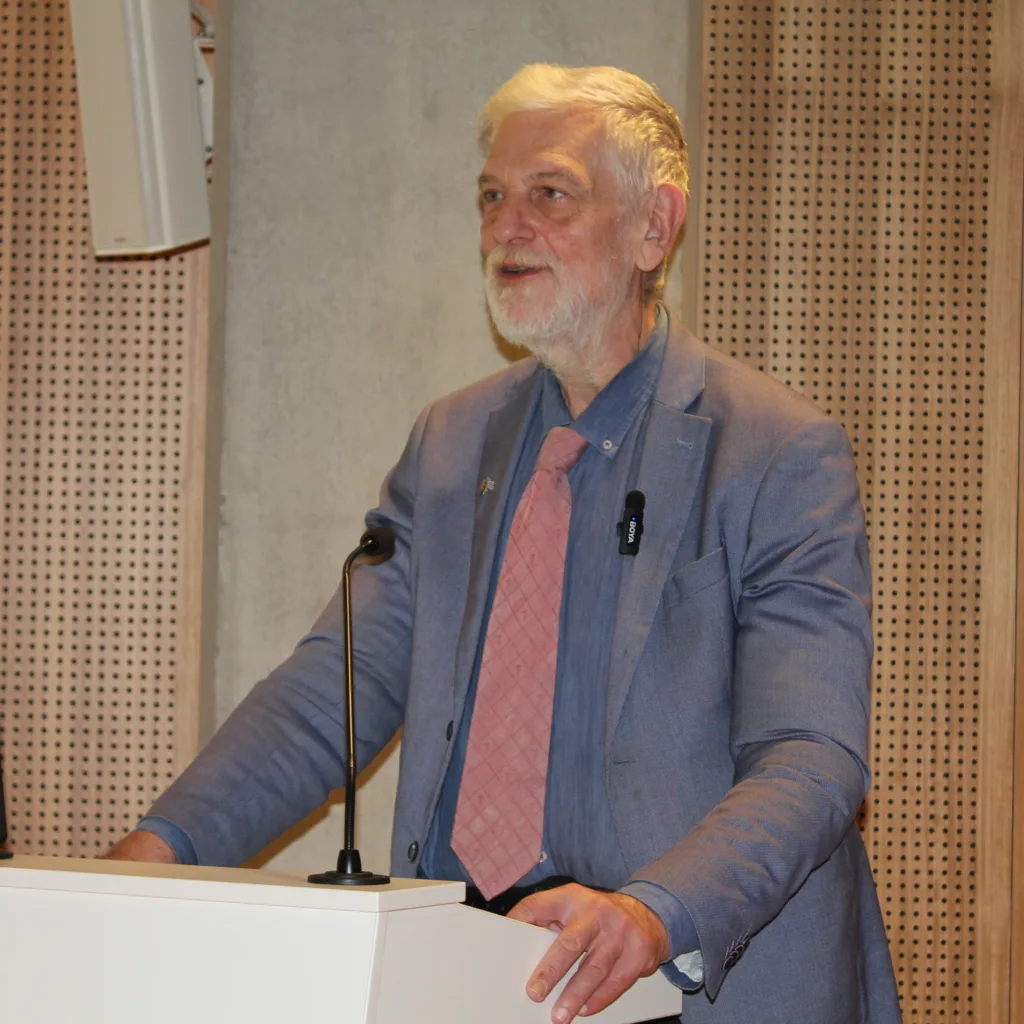
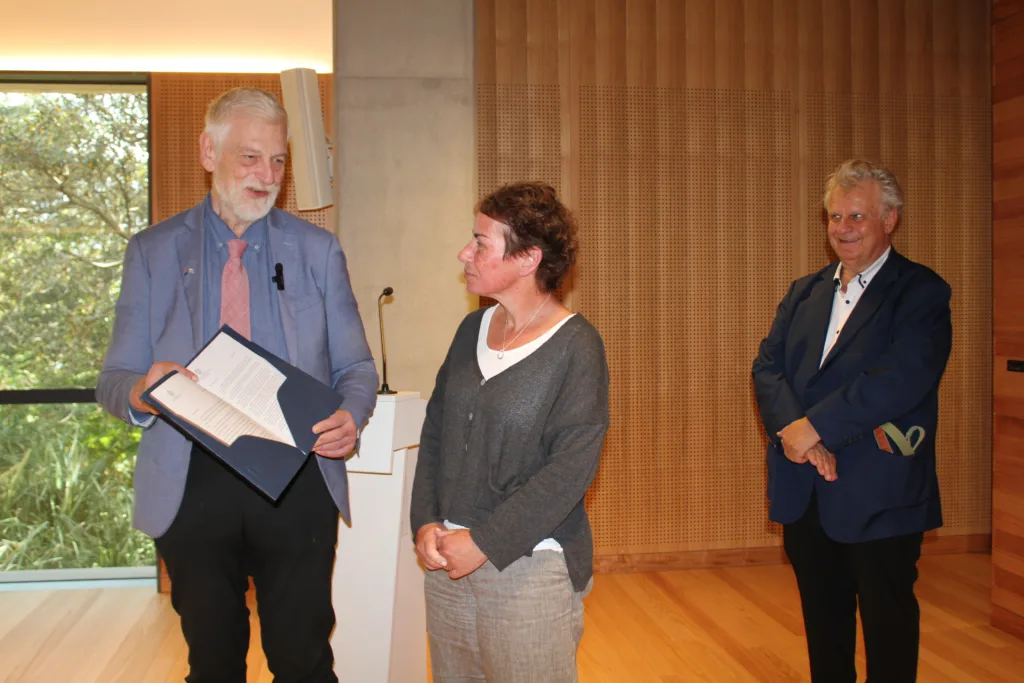
The Minister also highlighted Greece’s successful bid to have February 9, the day of Dionysios Solomos’ passing, recognised by UNESCO as International Greek Language Day, describing it as a testament to the enduring global influence of the Greek language and thought.
Words of support and community pride
Professor Alba thanked the Deputy Minister for his contribution, calling it a gift of “life” to the Greek Studies program. “In Hebrew, the number 18 symbolises life — chai. What you have given today sustains the life of this program, our teachers, and our students,” she said.
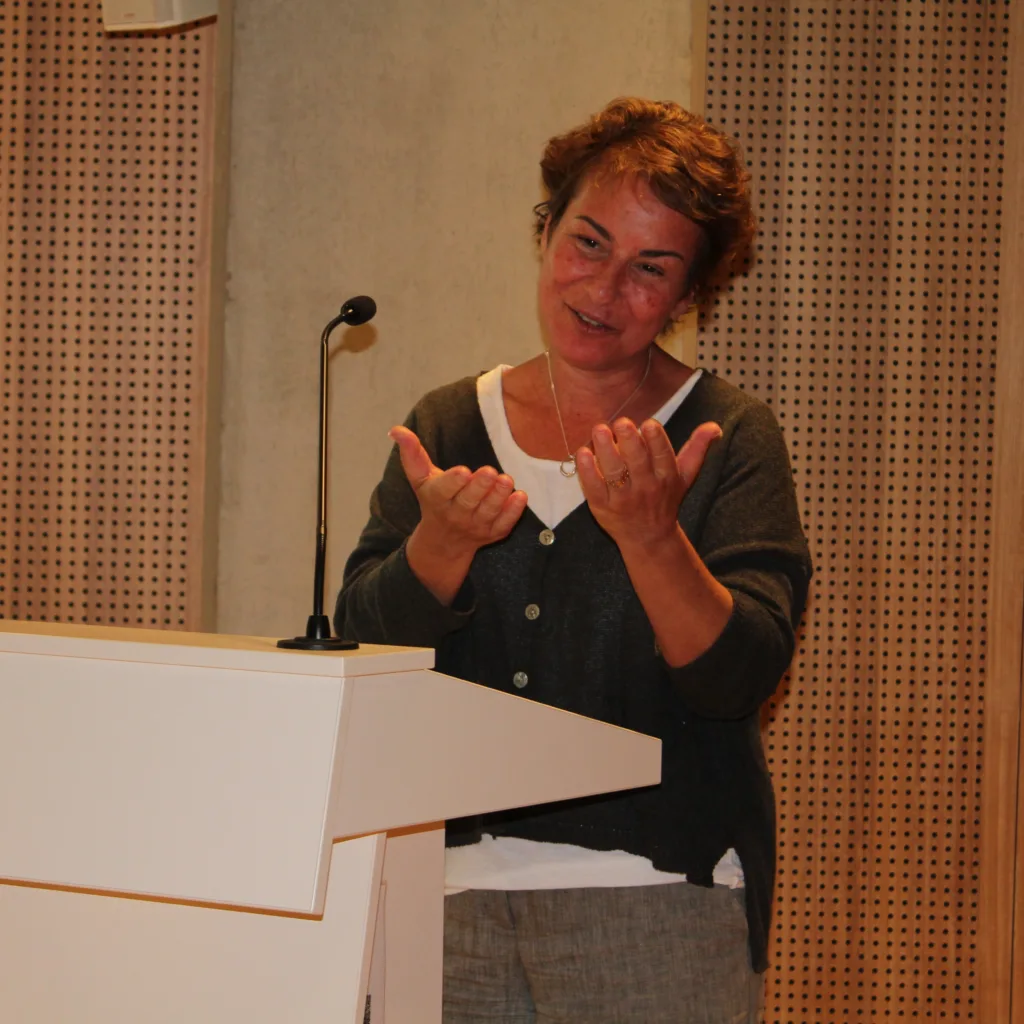
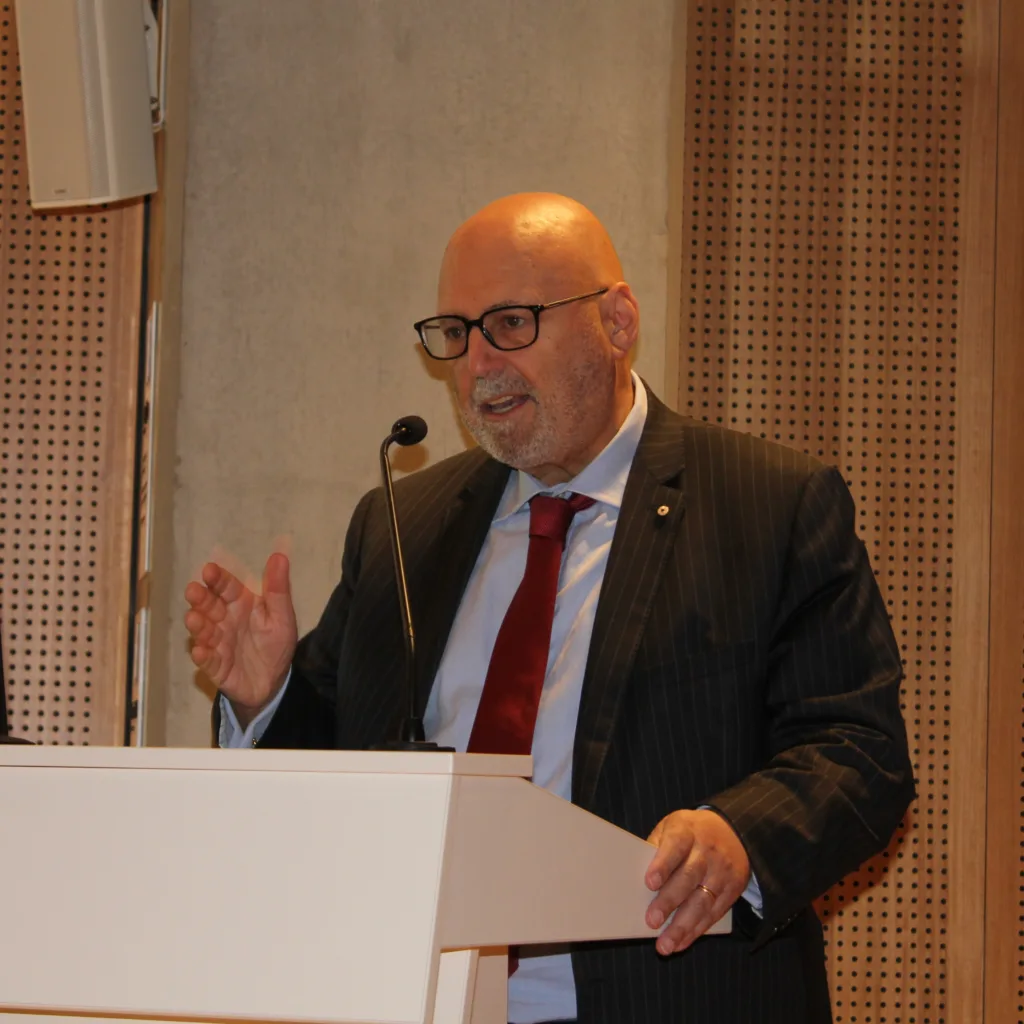
Mr Sinodinos, who also spoke during the ceremony, reflected on his own experience learning Greek as a child in Australia.
“The community wants to keep programs like this going,” he said, “and they have to put their hand in their back pocket to play their role. But it means a lot when they see the Greek Government playing its role too. So thank you. It’s both the financial support and the moral support.”
Dr Beaumont spoke about the long-standing connection between the University and Greece through archaeology. She shared details of student programs that take young Australians to Athens and Greek islands for fieldwork and excavations, describing these experiences as “life-changing encounters that deepen understanding of both ancient and modern Hellenic civilisation.”
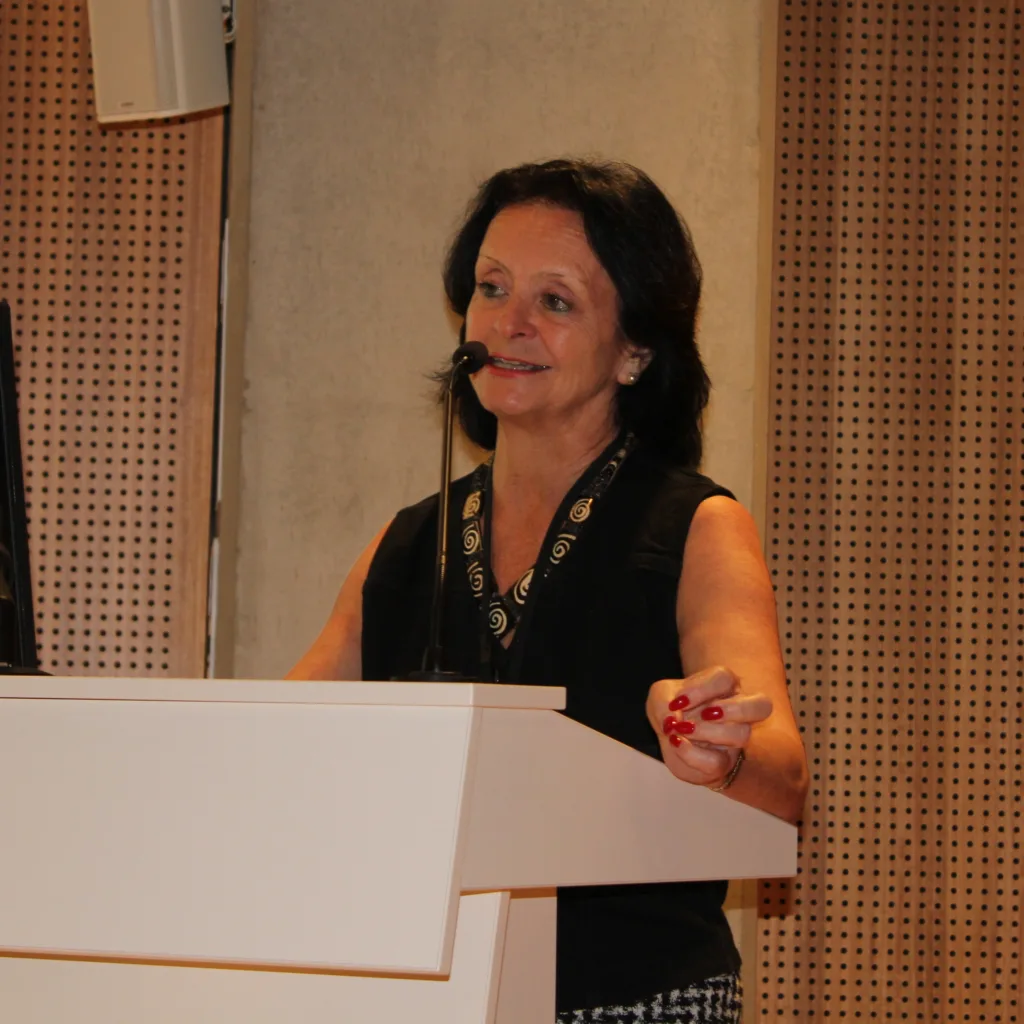
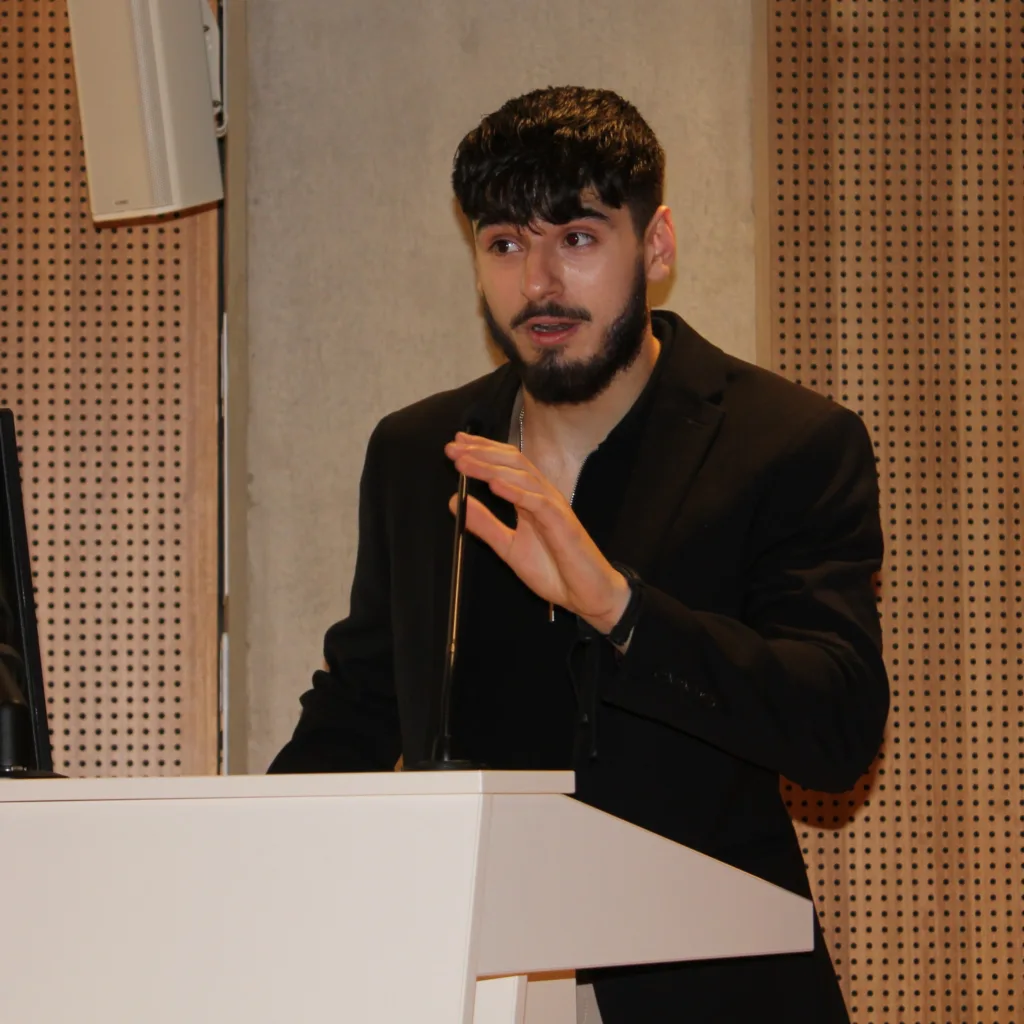
Argyros Kallos, President of Sydney University Greek Society representing university students in attendance, also addressed the audience in both Greek and English, highlighting the importance of language and identity, and how the Department serves as a living bridge between cultures and generations.
Father Athanasios spoke movingly about his own time as a student at the University, crediting Professor Karalis for inspiring many to return to their roots through Greek language and culture.
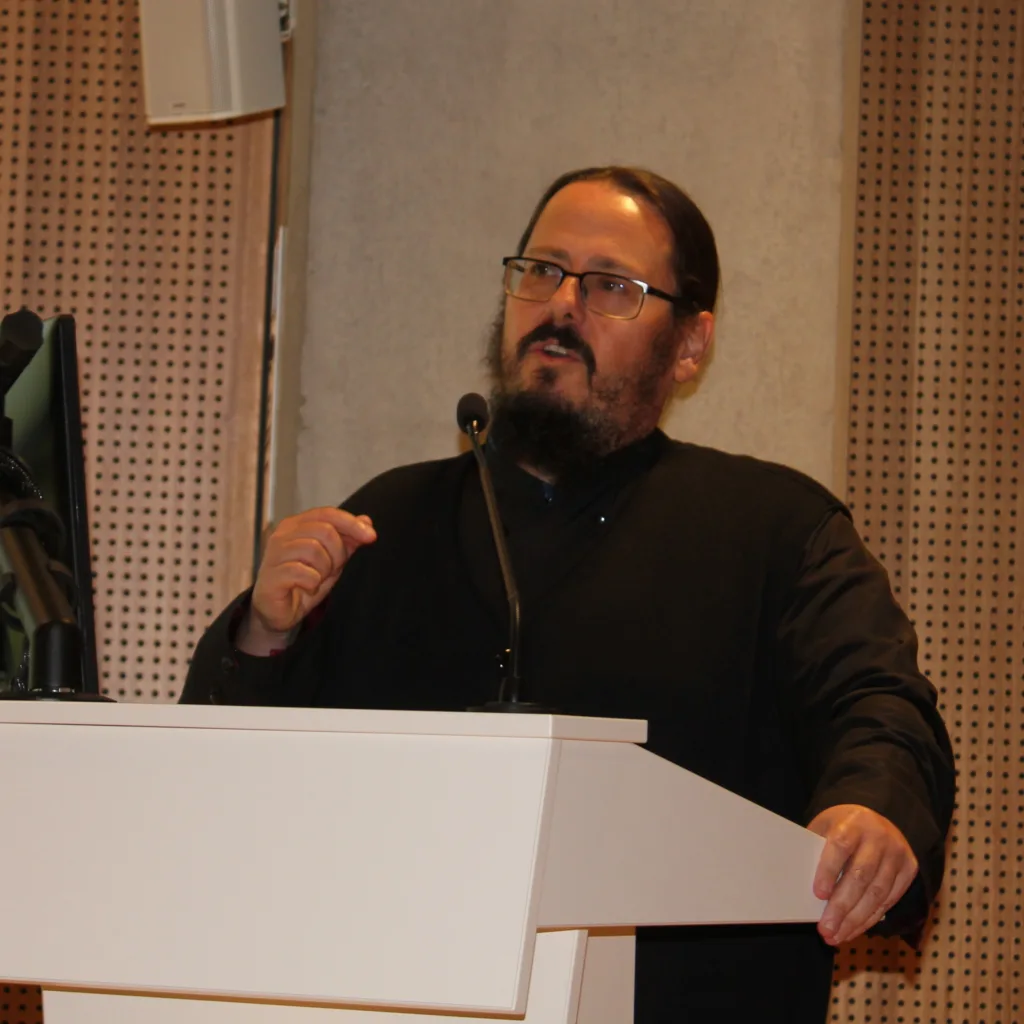
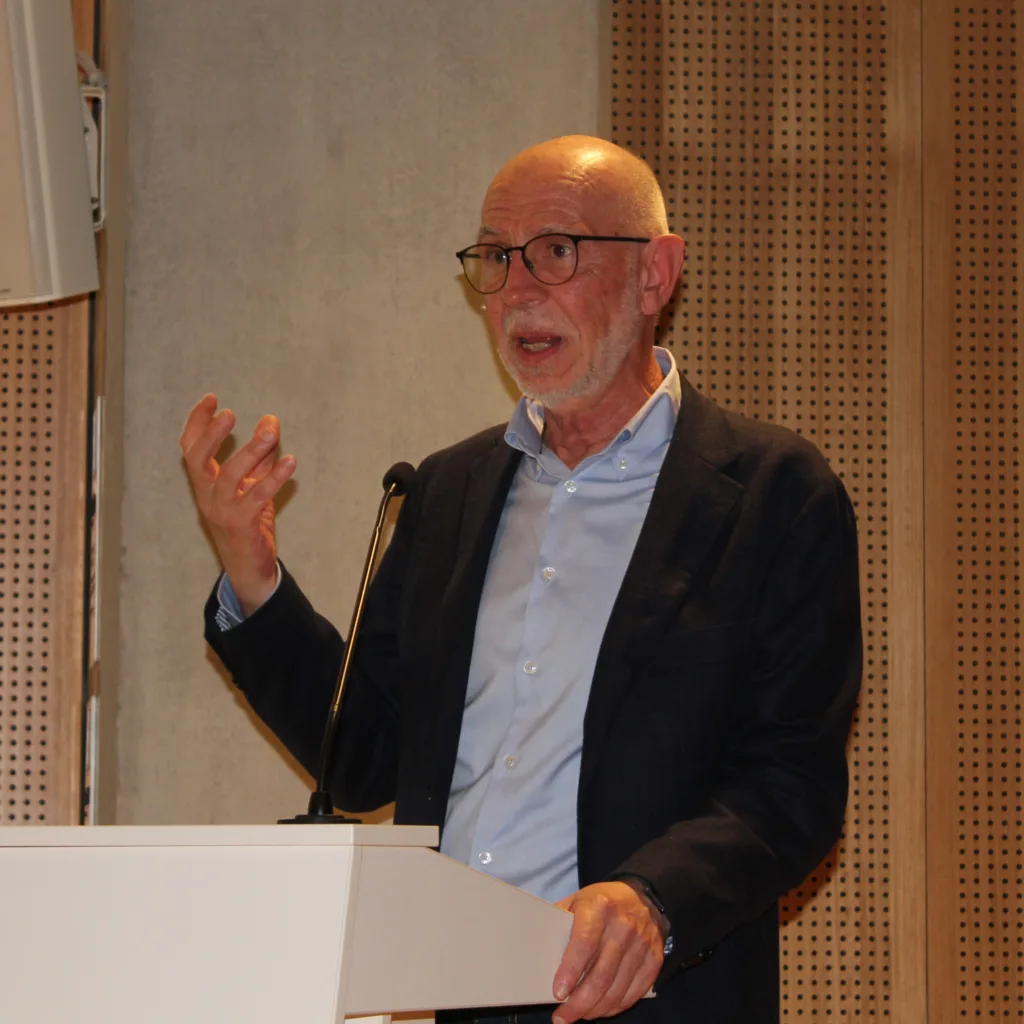
Professor Dracopoulos closed the speeches by describing the moment as “a new chapter” in the Department’s history – one that proves “the Greek government stands beside us in our mission to preserve and teach the Greek language.”
A shared vision for the future
The visit concluded with warm applause from students and faculty, many of whom shared personal reflections on the importance of Greek studies in shaping their cultural and academic identities.
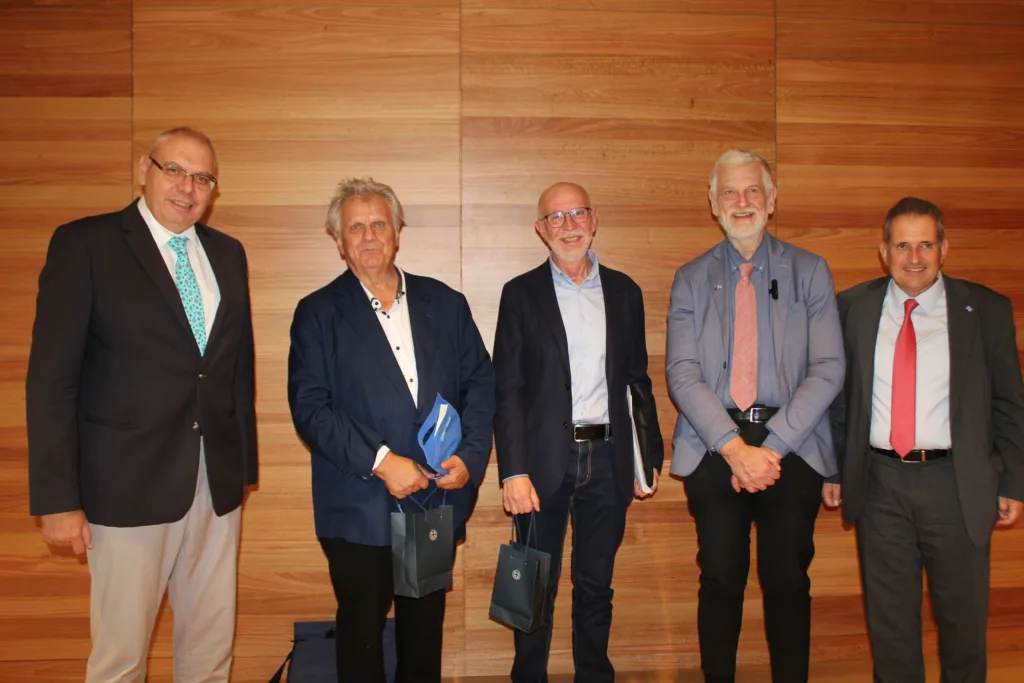
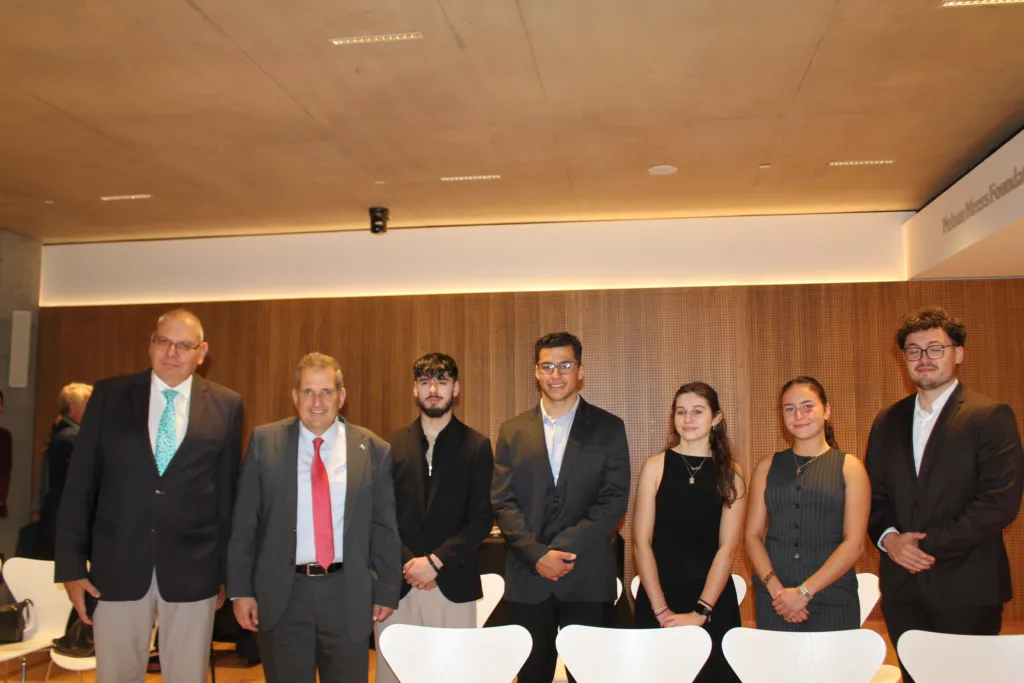
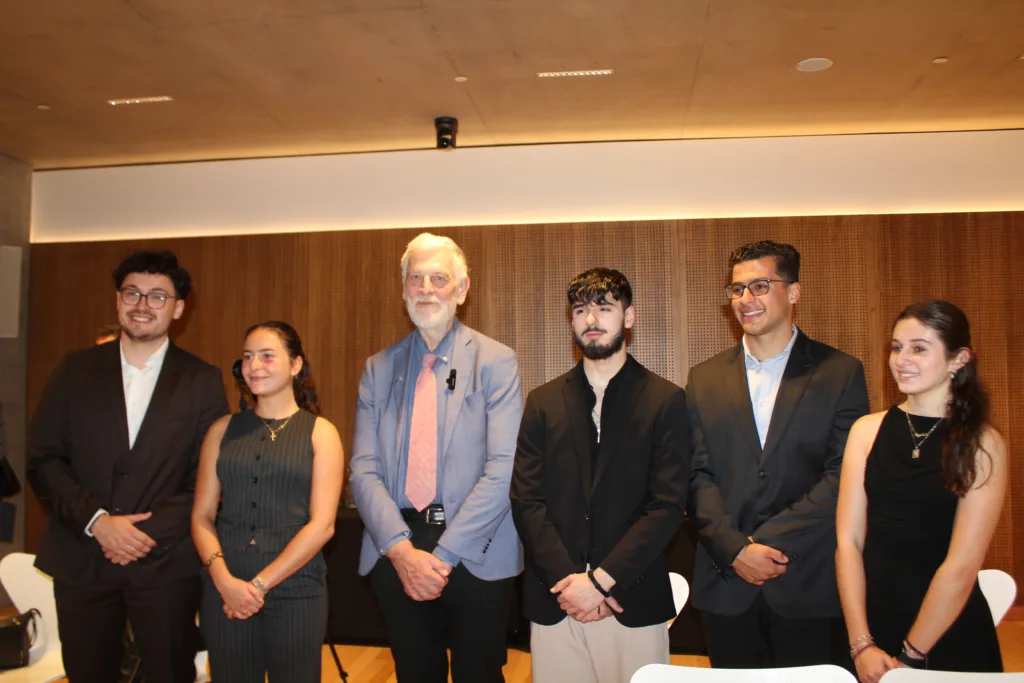
Professor Karalis thanked the Deputy Minister and dignitaries once more for recognising the Department’s work, emphasising that the vitality of Greek language education in Australia depends on continued cooperation between Greece, universities, and the diaspora.
*All photos copyright The Greek Herald / Andriana Simos
